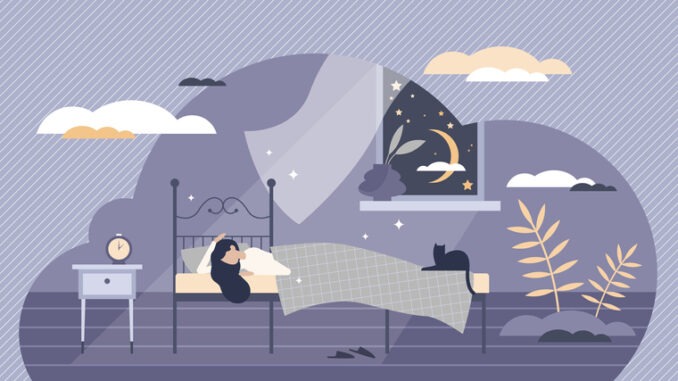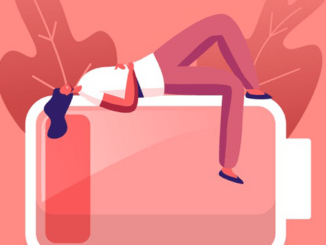
Louise Wright, physiology national lead, explains the effects of sleep deprivation and provides tips on how to improve your sleeping habits
CREDIT: This is an edited version of an article that originally appeared on Nuffield Health
In times of uncertainty, many people will find sleeping well to be a challenge; our quality of sleep is affected by our emotional health, nutrition, physical health and fitness, and our general wellbeing.
Sleep deprivation has been linked to potentially serious changes to emotion, mood states, and their regulation. It can slow your response time and ability to make rational decisions, placing you and others in harm’s way. You might find it harder to concentrate, feel cranky, over-emotional or stressed.
Here are some tips to help you get a good night’s sleep.
Turn off the lights
Light is one of the biggest factors to affect our sleeping pattern – that’s because our eyes have receptors which sense the light and communicate with the brain to tell us whether it’s day (awake) or night (sleep) time.
Blue light emitted from screens, such as those on our ‘phones or laptops, is particularly harmful to sleep because it is emitted at a different wavelength than natural light. The wavelength suppresses the production of melatonin, a hormone that makes you sleepy, more than any other wavelength of light.
Control your room temperature
Bedroom temperature changes generally have a slower and more progressive impact on the body, so the impact this has on sleep is harder to quantify, but can still be a significant factor in poor sleep quality.
A cool room helps to reduce the body temperature prior to sleep, which helps initiate the sleep process, so make sure your room is kept fairly cool – around 19˚C.
Limit the noise
Excessive noise is a cause of sleep disorders and is potentially the most important factor contributing to poor sleep; however, noise can also work to soothe your sleep.
Alarms going off outside, or the hum from your heating, for example, can be disruptive due to the change in noise consistency; however, white noise and some types of music have been found to aid sleep by blocking out distracting sounds and reducing the level of stimulus that sudden sounds have on the brain in the night.
Follow a schedule
Sleeping in on weekends makes it harder to wake up early on Monday morning because it re-sets your sleep cycle for a later awakening. Try going to bed at a set time each night, and setting your alarm for the same time each morning.
Exercise daily
Regular exercise is likely to improve sleep quality – exercising for 20-to-30 minutes every day can help the body enter the physically restorative phase of sleep more easily.
When you exercise is equally as important because exercise can cause a spike in adrenaline, which keeps your body in high alert; avoid high intensity exercise in the hours leading up to your bedtime.
Avoid caffeine, nicotine and alcohol
These are all stimulants which can increase your blood pressure and heart rate, keeping you awake. Caffeine can block the sleep promoting chemical, adenosine.
Unwind before bed
A warm bath, reading or meditation before you go to bed can make it easier to fall sleep.


Be the first to comment